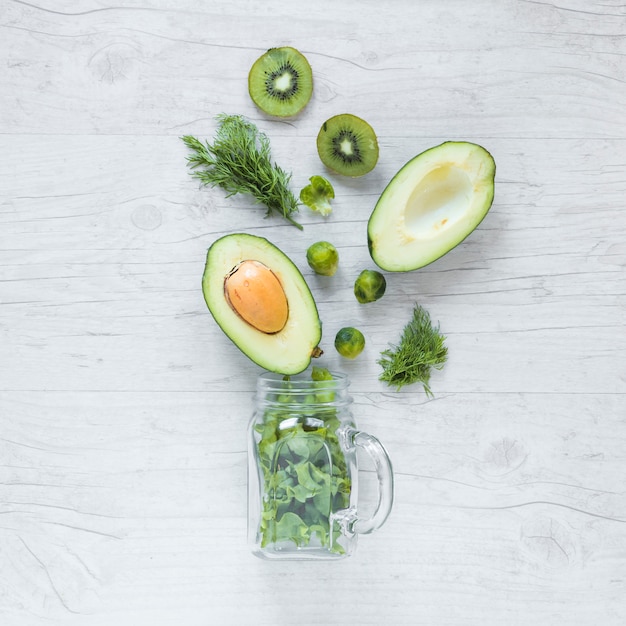
Did you try Veganuary this year? Thinking about going vegan or incorporating more plant-based meals into your routine? Dr. Gemma Newman has some tips to help you out.
With so many diets like low fat, high fat, low carb, high carb, vegan, paleo, and keto, it’s tough to know which one works best. Among these, Veganuary is becoming increasingly popular. In 2018, 170,000 people signed up, which was a huge jump from 2017, and by last year, over 250,000 participated. The trend is growing.
But you might be wondering if switching to a vegan diet is actually healthy and how it differs from other diets. There’s a lot of misinformation about nutrition that comes from the media, food companies, and sometimes even health professionals. However, the consensus is clear: Eating plenty of vegetables and fruits, focusing on whole, unprocessed foods, and avoiding processed meats, sugary drinks, and refined carbs is beneficial for everyone.
We don’t suggest smoking in moderation, so why would we treat unhealthy foods differently? The World Health Organization has classified processed meats as a cause of cancer, which means cutting them out entirely is wise, rather than consuming them moderately.
Nutrition experts agree that a diet rich in vegetables, fruits, beans, nuts, seeds, whole grains, and water is key to good health. A whole food, plant-based diet has even been shown to reverse coronary artery blockages within weeks, according to studies like the Lifestyle Heart Trial and Mount Abu Heart Trial.
Moving towards a plant-based diet can seem daunting, especially if you’re used to a typical Western diet. But you don’t have to go all-in overnight. Start by finding ways to veganize your favorite dishes, such as using chickpeas instead of chicken in a curry or lentils in a Bolognese sauce.
Gradually introduce more plant-based meals into your routine. Try replacing your breakfast and then your lunch, a few days a week, until plant-based eating feels like a natural part of your life. You might notice benefits like improved heart health within a few weeks.
Both the American Dietetic Association and the British Dietetic Association confirm that well-planned plant-based diets can be nutritious for all age groups and can help prevent diseases like heart disease and cancer. These diets are also linked to reduced risks of respiratory disorders, allergies, and infections in children, providing long-term health benefits.
However, our current food supply often lacks essential nutrients due to soil depletion and other agricultural practices. A typical Western diet might not provide enough magnesium, folate, and fiber. But a well-planned whole food, plant-based diet can be very nutrient-dense.
Supplements can be important for a fully plant-based diet. Vitamin B12 is crucial as it’s not found in plants. Adults need about 1.5mcg daily, but it’s often advised to take more to ensure proper absorption and health benefits. Vitamin D is also important, especially if you have limited sun exposure. Omega-3 supplements, derived from algae, can support heart health without the contaminants found in some fish. Incorporate milled flaxseed into your daily routine for additional heart benefits.
Dr. Gemma Newman, with her extensive background in medicine, can guide you on this health journey. By making thoughtful changes and using resources like recommended cookbooks and online communities, transitioning to a healthier, plant-based lifestyle can be both enjoyable and rewarding.




